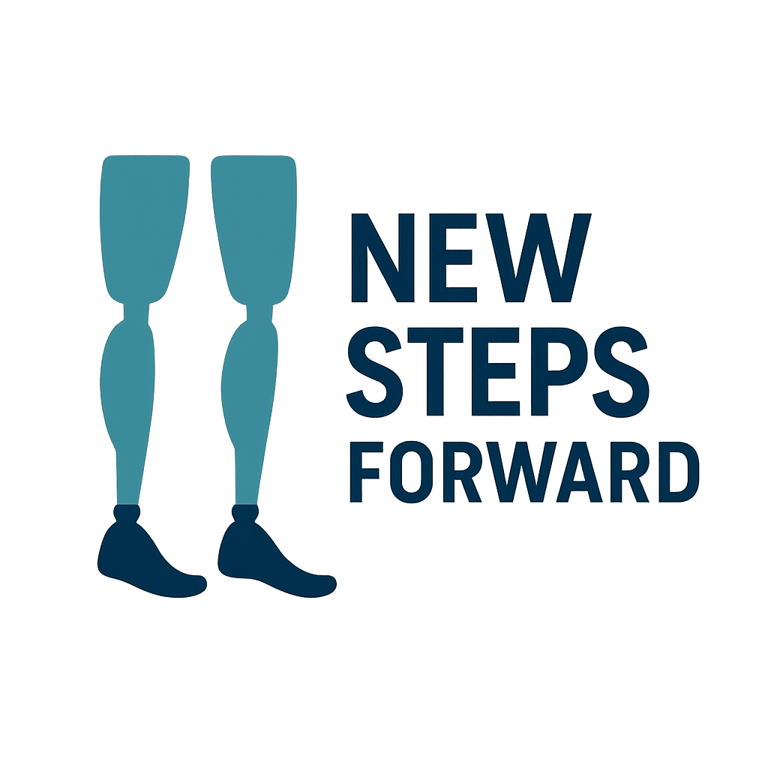
What No One Tells You About Grieving Your Freedom After Amputation
Grieving after limb loss isn’t just about the limbs — it’s about losing your independence. Here's how life changed after my amputation and the tools that helped me adjust to a slower, stay-at-home lifestyle.
6/27/20252 min read
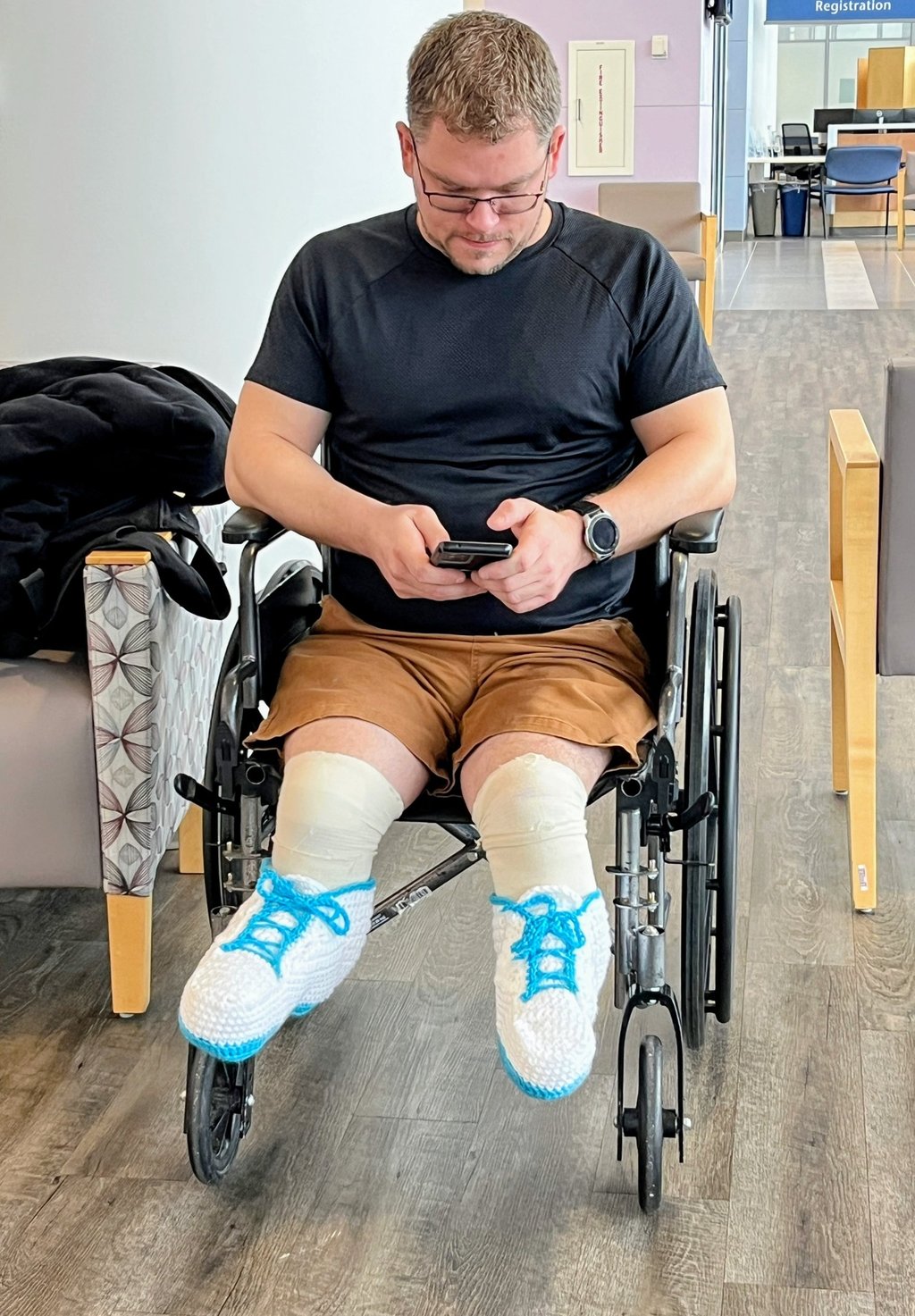

My post content
The Tools That Helped Me Adjust
Purple Seat Cushion
Long hours in a wheelchair can be brutal. This cushion changed the game. It provides support, airflow, and comfort — I can sit for hours without the usual sweat and soreness.
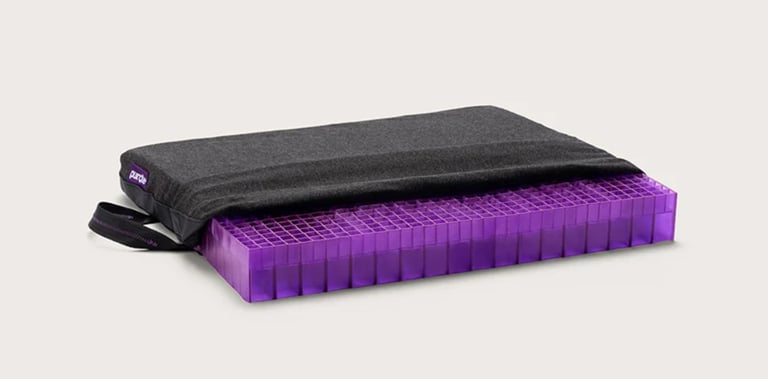

Books That Helped Me Process Slowing Down
I didn't want a “rah-rah motivational” book. I wanted honesty. These three gave me that:
It’s OK That You’re Not OK – Megan Devine
How to Carry What Can’t Be Fixed (a grief journal)
The Body Keeps the Score – Bessel van der Kolk
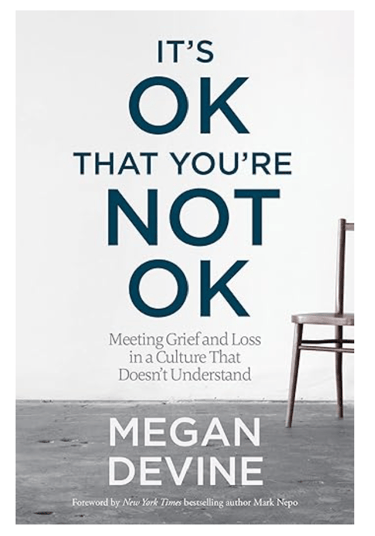
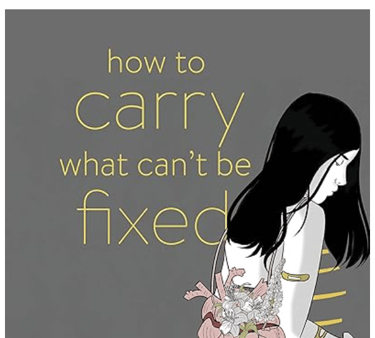
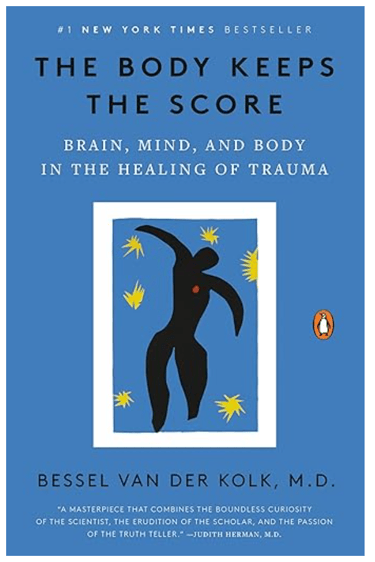



Journaling as a Mental Reset
Writing became a quiet space where I could process my new normal. Guided grief journals helped on days I didn’t know what to say.
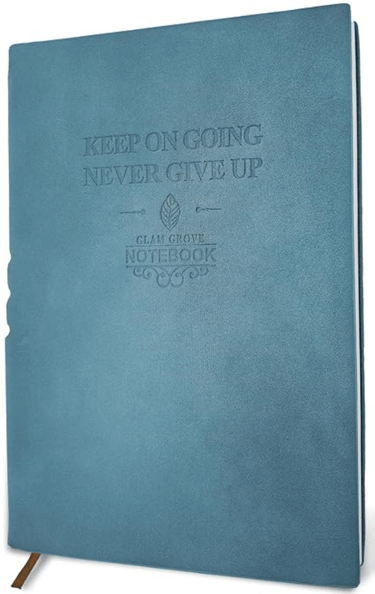

Journal Prompts to get started:
“What small, seemingly insignificant thing brings me comfort lately?”
“If I could send a message to my past self at the moment everything changed, what would I say?”
“What part of my life feels like it’s changed the most, and what have I learned about myself because of it?”
It’s Not Over — Just Different
I haven’t “moved on” from the loss of my legs. I’ve moved with it. I’ve learned to rebuild parts of my life that don’t rely on going out or being physically independent — and that’s taken effort, patience, and a lot of rethinking.
Some days, I still miss the rush of grabbing my keys and going wherever I wanted. But I’ve found peace in the quiet, too. I’ve learned that freedom doesn’t always look like motion — sometimes, it looks like creating a space where you can just be yourself, even if it’s within four walls.
Real Talk
Let’s not pretend that journaling, gadgets, or comfy cushions fix everything.
Some days are just sad.
Not because you’re weak, or ungrateful, or failing — but because this is a big change. And grief doesn’t move in a straight line.
There are days where you might feel okay, even hopeful. Other days, it might hit you out of nowhere — that you don’t move the way you used to, that life got rearranged without asking you first.
And that’s normal. That’s human.
The tools I talk about here? They’ve helped. They’ve made things easier. But they don’t erase the hard parts. They just give me enough breathing room to face them.
Journey
Exploring life after amputation with hope.
Stories
Support
thomas.bish06
@newstepsforward.com
262-705-4575
© 2025. All rights reserved.
